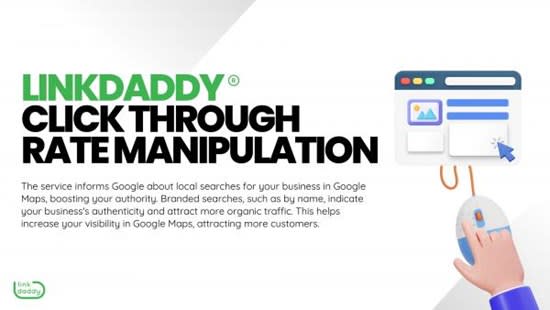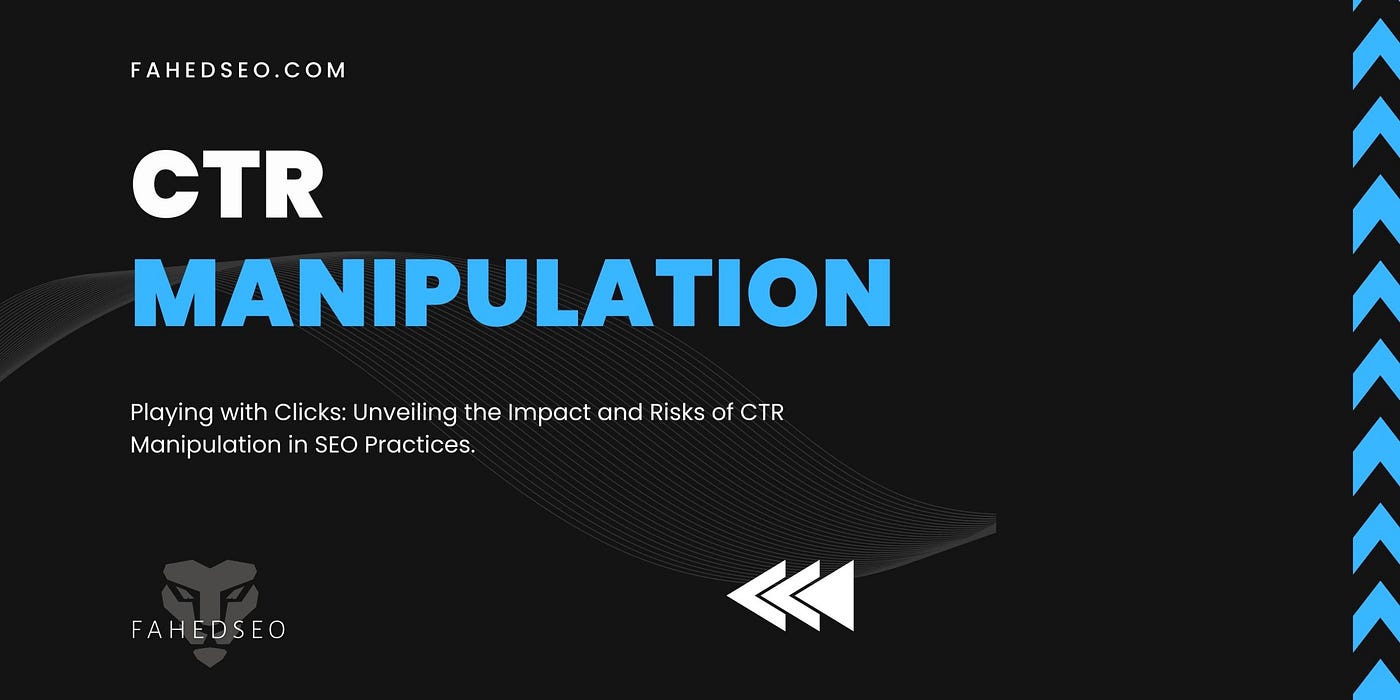Enhancing Your Advertising Efforts With Effective CTR Adjustment
Enhancing advertising and marketing techniques via the control of Click-Through Fees (CTR) is a nuanced yet powerful tool in the electronic landscape. Remain tuned to uncover the complex internet of methods that can assist marketing professionals master the art of CTR adjustment and drive their campaigns to new heights.
Recognizing Click-Through Price (CTR)
Click-Through Price (CTR) is an important statistics in electronic advertising that gauges the percentage of customers who click a certain link out of the total number of individuals who see a email, promotion, or page . It functions as an indication of how effective a certain marketing project or web content item goes to involving the target market and driving website traffic. CTR is calculated by separating the variety of clicks on a link by the complete variety of impacts it obtains, then increasing the outcome by 100 to get a percent.

Importance of CTR in Marketing
One of the fundamental columns of electronic marketing success hinges on the capability to evaluate customer communication with content properly. Click-Through Price (CTR) plays a crucial duty in gauging this communication and is a crucial metric in determining the efficiency of marketing campaigns - LinkDaddy CTR Manipulation. CTR shows the percentage of customers who clicked a particular web link, advertisement, or call-to-action out of the complete variety of individuals who watched it
The importance of CTR in marketing can not be overstated. A high CTR symbolizes that your material is engaging and pertinent to your target audience, leading to increased website traffic and potential conversions. It likewise suggests the performance of your ad duplicate, style, and targeting approaches. Additionally, platforms like Google make use of CTR as a consider determining ad quality and cost-per-click, making it essential for enhancing advertising prices and performance.
Strategies for CTR Improvement
To boost the performance of advertising projects and drive far better interaction, organizations can utilize a range of techniques aimed at improving Click-Through Rates (CTR) One reliable approach is to develop relevant and compelling ad duplicate that attracts individuals to click. Using strong call-to-action expressions, highlighting unique selling points, and integrating appropriate search phrases can dramatically raise CTR. In addition, enhancing advertisement placement on high-traffic websites or targeting certain target markets via group and interest-based targeting can improve CTR performance.
A/B screening is one more useful strategy for CTR improvement. By testing different advertisement variations, organizations can identify which elements reverberate finest with their target audience and change their projects appropriately. In addition, optimizing landing pages to ensure they line up with the advertisement content and offer a smooth customer experience can assist increase CTR prices.
Consistently analyzing and monitoring campaign efficiency information is important for identifying fads and making data-driven decisions to continually maximize CTR. By implementing these methods, businesses can successfully improve CTR and take full advantage of the success of their advertising efforts.
Tools for Monitoring CTR

One more powerful tool for checking CTR is SEMrush, which gives in-depth competitor analysis, keyword research study, and CTR tracking attributes. By keeping an eye on CTR metrics such as conversion prices, bounce rates, and engagement levels, organizations can gauge the efficiency of their advertising and marketing strategies and make changes as required. Furthermore, tools like Hotjar deal heatmapping and individual session videotaping capabilities, giving services an aesthetic representation of individual interactions to identify CTR optimization chances.
Determining CTR Success

Secret look at this website efficiency signs such as conversion rates, bounce rates, and typical session period can even more complement CTR data to offer an extensive sight of campaign success. By tracking CTR gradually and across various channels, marketing experts can identify trends, enhance their approaches, and assign resources more effectively. A high CTR suggests that the advertisement or content is resonating with the target audience, while a reduced CTR might indicate the requirement for modifications in messaging, targeting, or placement.
Final Thought
In verdict, optimizing marketing initiatives through efficient CTR adjustment is crucial for improving audience interaction and taking full advantage of conversions. By executing methods such as crafting compelling advertisement copy, using A/B screening, and aligning touchdown pages with advertisement web content, marketers can improve their click-through prices and overall project success. Keeping an eye on CTR with tools like Google Analytics enables for data-driven adjustments to further enhance performance. In general, focusing on CTR optimization is crucial to accomplishing marketing objectives.
As companies strive to enhance their advertising and marketing projects and drive much better engagement via boosted Click-Through Fees (CTR), utilizing devices for keeping track of CTR ends up being essential - CTR Manipulation. Google Analytics is an extensively utilized tool that offers thorough CTR tracking capacities, making it possible for click here for more info businesses to monitor CTR trends, examine customer habits, and recognize areas for improvement
One more effective device for monitoring CTR is SEMrush, which supplies in-depth competitor evaluation, keyword research study, and CTR monitoring features.Reliable measurement of Click-Through Price (CTR) success is critical for assessing the performance of marketing campaigns and establishing the effect of different techniques on customer involvement and conversion prices. A high CTR suggests that the ad or web content is reverberating with the target audience, while a reduced CTR might indicate the demand for changes in messaging, targeting, or positioning.